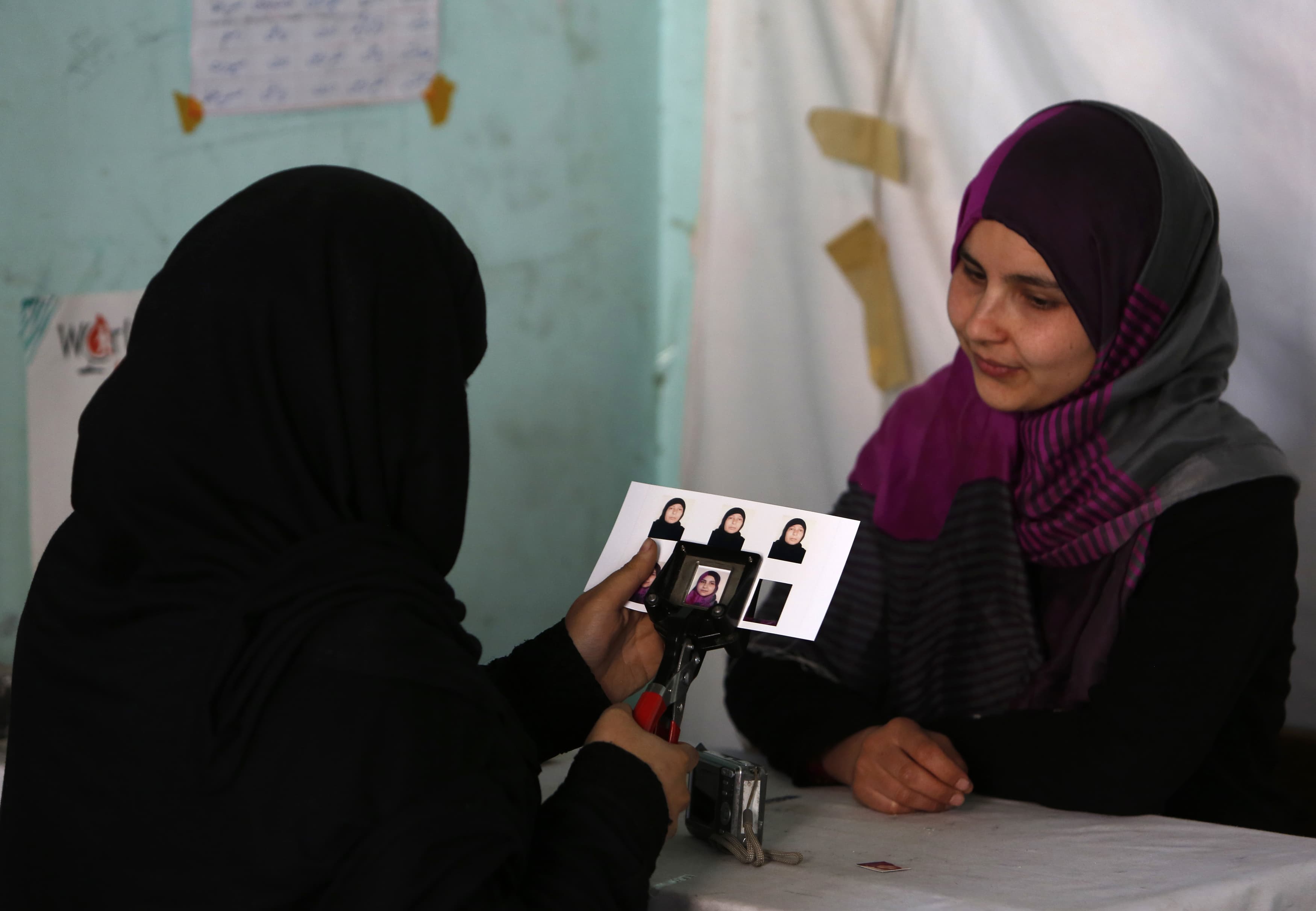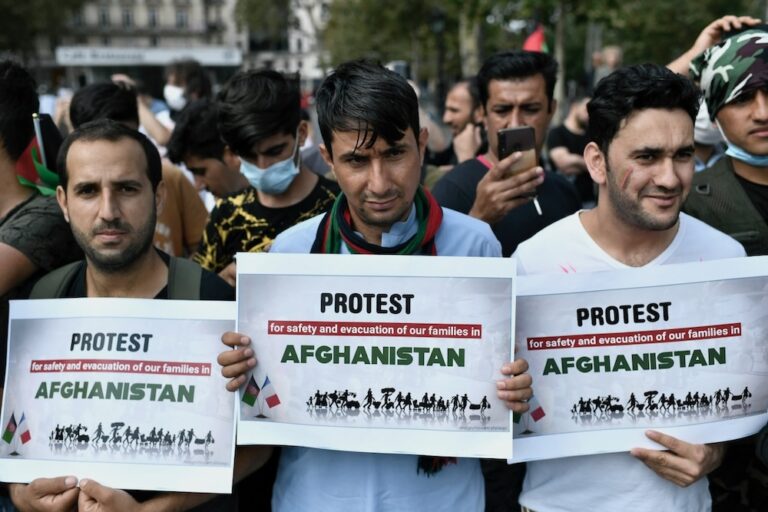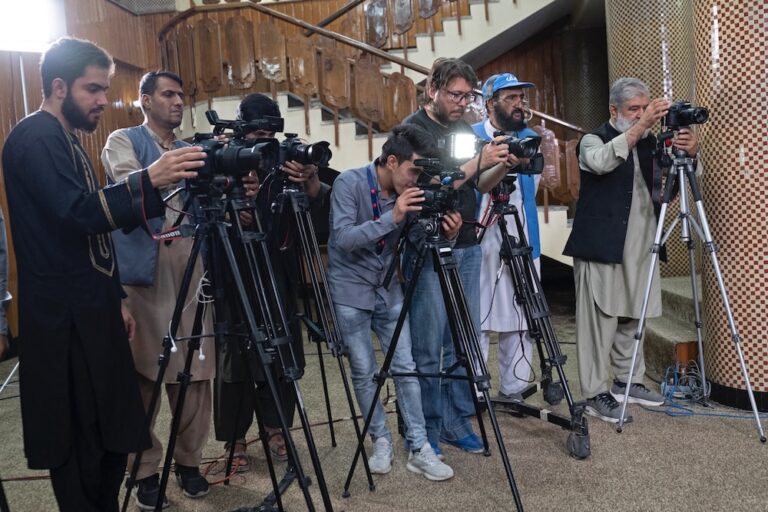RWB has published a report on Afghanistan ahead of the presidential election scheduled for 5 April. The fruit of a fact-finding visit to the northern provinces of Parwan, Kapisa and Panjshir in September 2013, it is entitled "Presidential election in Afghanistan: local media on the front line".
Reporters Without Borders has published a report on Afghanistan ahead of the presidential election scheduled for 5 April. The fruit of a fact-finding visit to the northern provinces of Parwan, Kapisa and Panjshir in September 2013, it is entitled “Presidential election in Afghanistan: local media on the front line”.
The report evaluates the current state of freedom of information in Afghanistan on the eve of the election, in which the media will have a key role to play in providing news coverage despite the uncertainties and dangers to which they are constantly exposed as the withdrawal of foreign troops approaches.
“The credibility of this election is crucial in the run-up to the departure of the US-led coalition’s troops,” said Reporters Without Borders secretary-general Christophe Deloire. “Given the risks of fraud and corruption, the media will have a key role to play as a source of information for the population and as observers of a free and democratic election.
“We have drafted specific recommendations for the authorities, who we urge to comply with their duty to guarantee journalists’ safety. This report is also targeted at the main candidates, who must give clear undertakings to ensure that freedom of information is firmly rooted in the Afghan people’s daily lives.”
During its visit in September, Reporters Without Borders conducted an information campaign aimed at improving the preparation and protection of journalists while covering the election.
Attacks and threats against local journalists in connection with their reporting are increasing in frequency. Since the start of the campaign in February, Reporters Without Borders has registered more than 20 cases in various parts of the country especially the cities of Kabul, Herat and Mazar-i-Sharif. Supporters of candidates have been responsible for some of these attacks and threats.
Reporters Without Borders has a Handbook for Journalists during Elections that it published in partnership with the International Organization of the Francophonie. Persian and Pashto translations were produced to help Afghan journalists covering this election, one that is particularly sensitive and important for the country’s democracy.
Copies were distributed to journalists attending a seminar that Reporters Without Borders held in Kabul and to 40 northern journalists who attended the meeting that RWB organized in Sayad, in Kapisa province, on 28 September.
The handbook is available on the RWB website in Dari Persian and Pashto.
The report condemns the impunity enjoyed by those responsible for acts of violence and harassment against journalists, most of which take place outside the capital. At least 19 journalists have killed in connection with their reporting since 2002.
Women journalists in particular are often the targets of violence and intimidation. Afghanistan currently has 30 women running news media, most of them privately-owned. Although the government is supposed to ensure that 30 per cent of civil servants are women, none of the 68 state-owned media is run by a woman.
The report also analyses the growth of the Afghan media and the uncertainties that affect them, which are related to their economic situation and the withdrawal of foreign troops.
In its recommendations, Reporters Without Borders urges the authorities to revive the investigations into past crimes of violence against journalists that have remained unpunished; to ensure better cooperation between police, prosecutors and judges so that those responsible for violence against journalists can be brought to justice more quickly; and to adopt the law on access to information before the election.
Reporters Without Borders also urges the government and the religious authorities to defend and promote the right of women to work as journalists, just as men do, including in the broadcast media.



